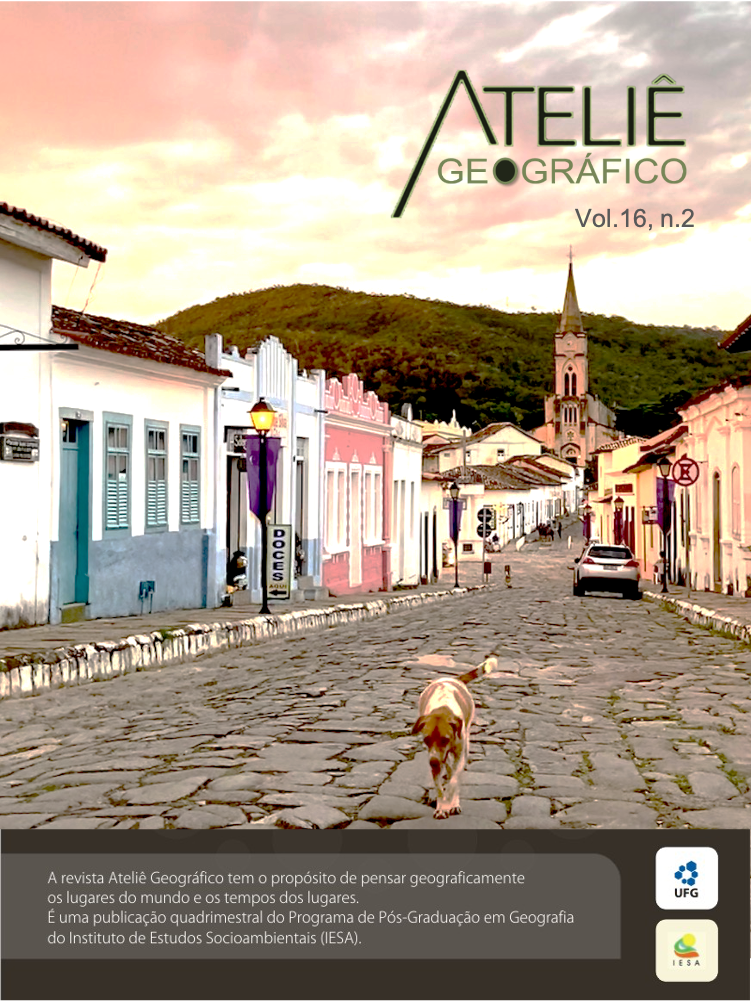A contribuição de Amélia Americano Domingues de Castro (1920-2020) à Didática da Geografia
DOI :
https://doi.org/10.5216/ag.v16i2.71908Résumé
O curso de formação docente da FFCL da USP desempenhou papel importante para a constituição da história da Didática da Geografia em nosso país. Do seleto grupo de professores que formou, entre as décadas de 1930 e 1960, surgiu uma geração de brilhantes geógrafos docentes, dentre eles destacamos a professora Amélia Americano Domingues de Castro (1920-2020). Ela se formou no ano de 1940 e foi contratada em 1942 como professora de Didática, se tornando pioneira na área. Se destacou por introduzir as ideias de Jean Piaget, apresentando algumas respostas para questionamentos sobre orientação metodológica referente ao processo de ensino-aprendizagem. Sua produção intelectutual certamente evidencia a matriz caracterizada pela orientação escolanovista da época, que teve inúmeras variáveis, cujas versões podemos ainda investigar. Neste sentido, apresentamos no “XIV Encontro Nacional de Pós-graduação e pesquisa em Geografia” uma justa homenagem à professora Amélia, por meio da divulgação de seu legado que influenciou o campo pedagógico e as discussões em torno do ensino de Geografia.
Palavras-chave: Didática da Geografia; formação docente em Geografia; Amélia Americano Domingues de Castro.
Téléchargements
Téléchargements
Publié-e
Comment citer
Numéro
Rubrique
Licence
Autores que publicam nesta revista concordam com os seguintes termos:- Autores mantém os direitos autorais e concedem à revista o direito de primeira publicação, com o trabalho simultaneamente licenciado sob a Licença Creative Commons Attribution que permite o compartilhamento do trabalho com reconhecimento da autoria e publicação inicial nesta revista.
- Os autores não serão remunerados pela publicação de trabalhos na Revista Ateliê Geográfico. Além disso, os conteúdos publicados são de inteira e exclusiva responsabilidade de seus autores, ainda que reservado aos editores o direito de proceder a ajustes textuais e de adequação às normas da publicação.
- Autores têm permissão e são estimulados a divulgar seu trabalho online (ex.: em repositórios institucionais ou na sua página pessoal), já que isso pode gerar alterações produtivas, bem como aumentar o impacto e a citação do trabalho publicado (Veja O Efeito do Acesso Livre).


